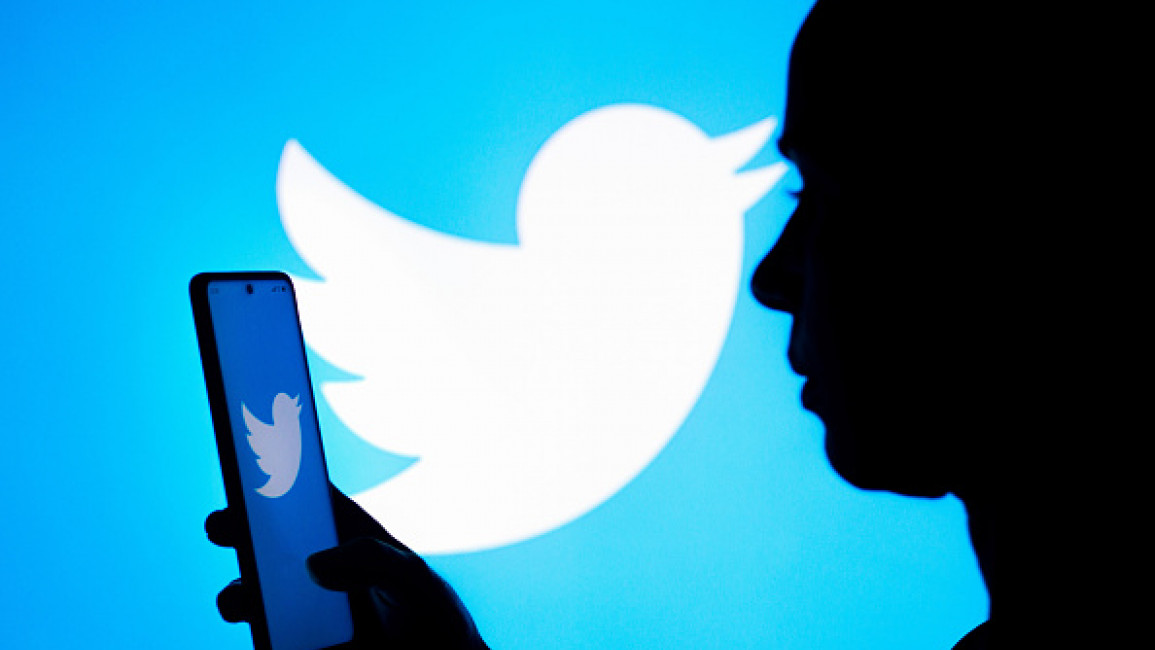Twitter to tackle Ukraine war misinformation with warning labels
Twitter Inc will begin placing warning notices in front of some misleading content regarding the conflict in Ukraine and limit the spread of claims debunked by humanitarian groups or other credible sources, the social media company said on Thursday.
The step-up against misinformation around Russia's invasion of Ukraine, which Moscow calls a "special military operation," is part of a new policy that outlines how Twitter will approach misinformation during crises.
Social media platforms have faced increasing scrutiny over how they determine and handle misinformation. Twitter has agreed to sell itself to Tesla Chief Executive Elon Musk, who has said he believes the site should be a platform of free speech.
The new warning notices will alert users that a tweet has violated Twitter's rules, but still allow people to view and comment. The platform will not amplify or recommend such tweets and retweeting will also be disabled.
The approach could be "a more effective way to intervene to prevent harm, while still preserving and protecting speech on Twitter," said Yoel Roth, head of safety and integrity at Twitter, during a call with reporters.
The company will prioritise adding labels to misleading tweets from high-profile accounts such as verified users or official government profiles. It will also prioritise content that could cause harm to people on the ground.
Twitter said it defines crises as situations where there is a widespread threat to life, physical safety, health or basic subsistence. It said the policy would initially focus on international armed conflicts but is also intended for events like mass shootings or natural disasters.
"While the timeline for this work began before the war in Ukraine broke out, the need for this policy came into even clearer focus as the conflict in Ukraine unfolded," said Roth.
(Reuters)

![Security forces reportedly attacked Egyptian protesters outside the UN Women's Office in Cairo. [Facebook]](/sites/default/files/styles/image_212x120/public/2024-04/Facebook.jpg?h=dec22bcf&itok=Wj24fufV)

